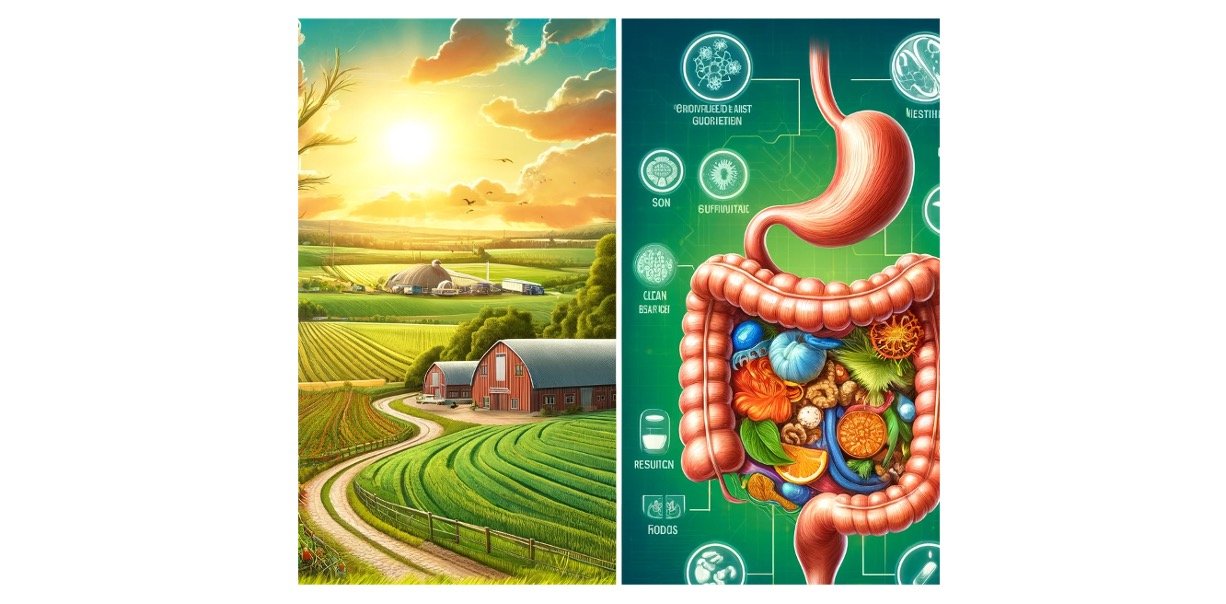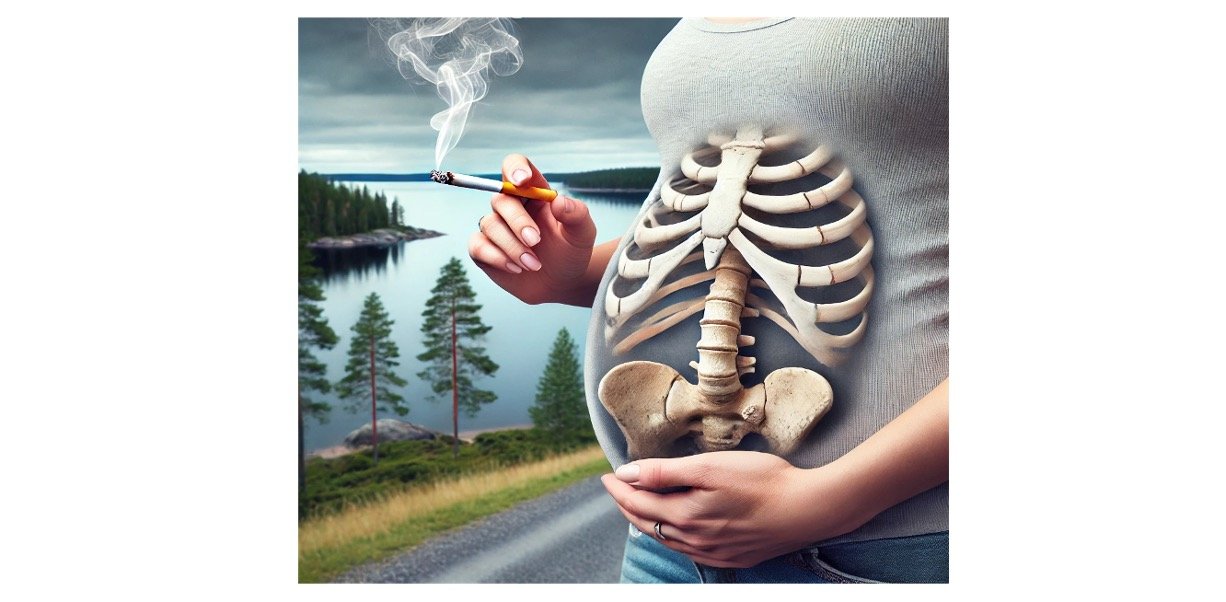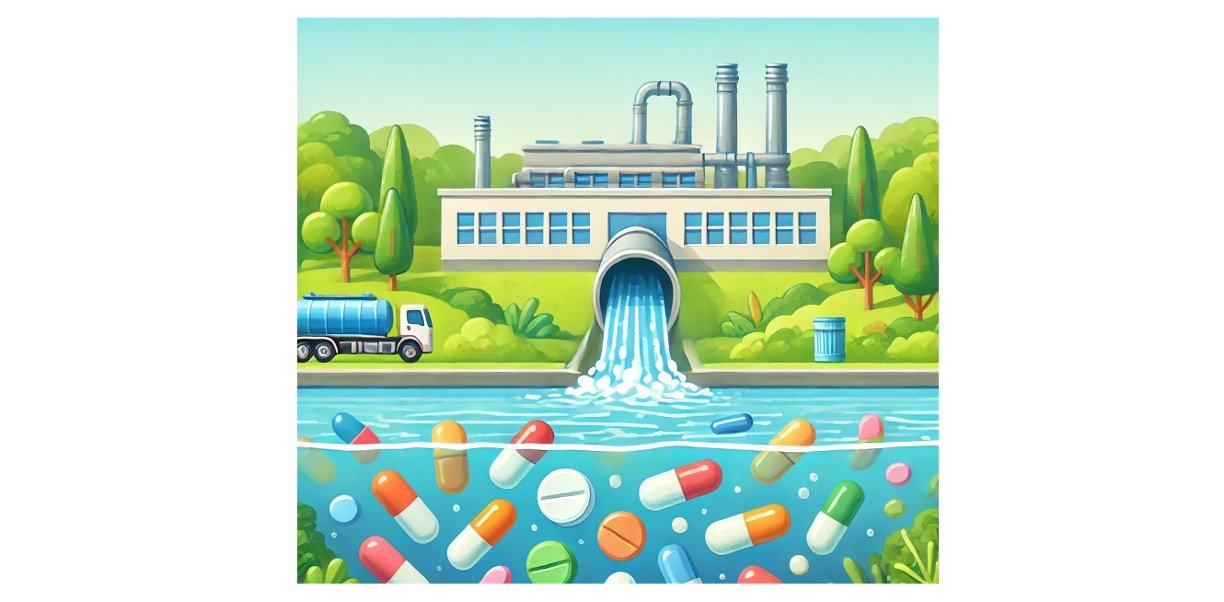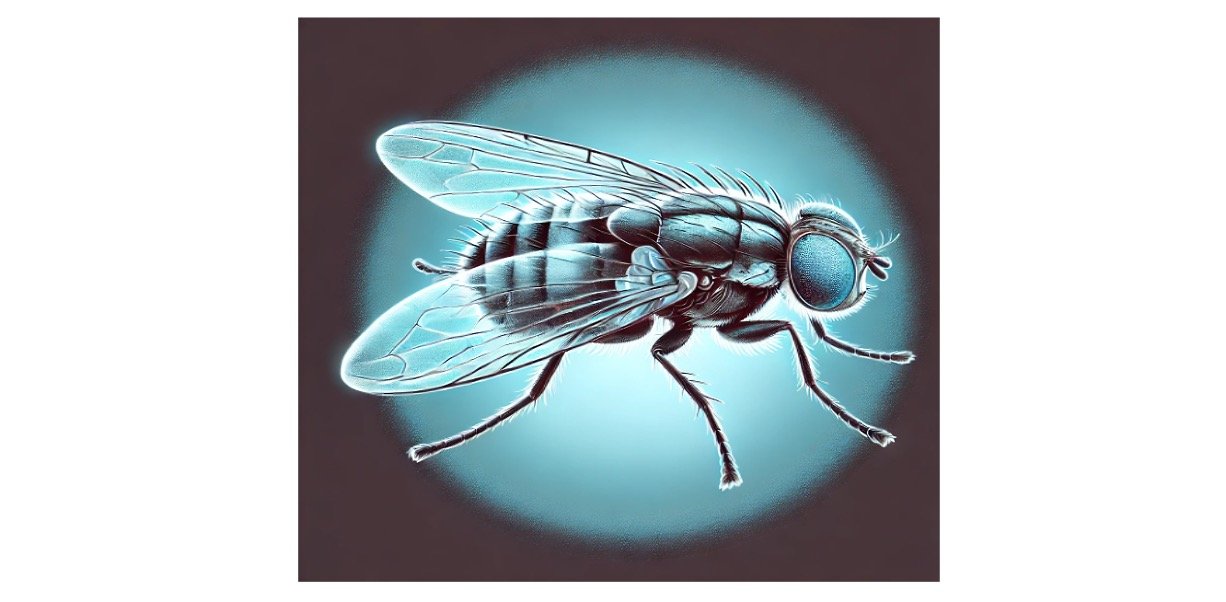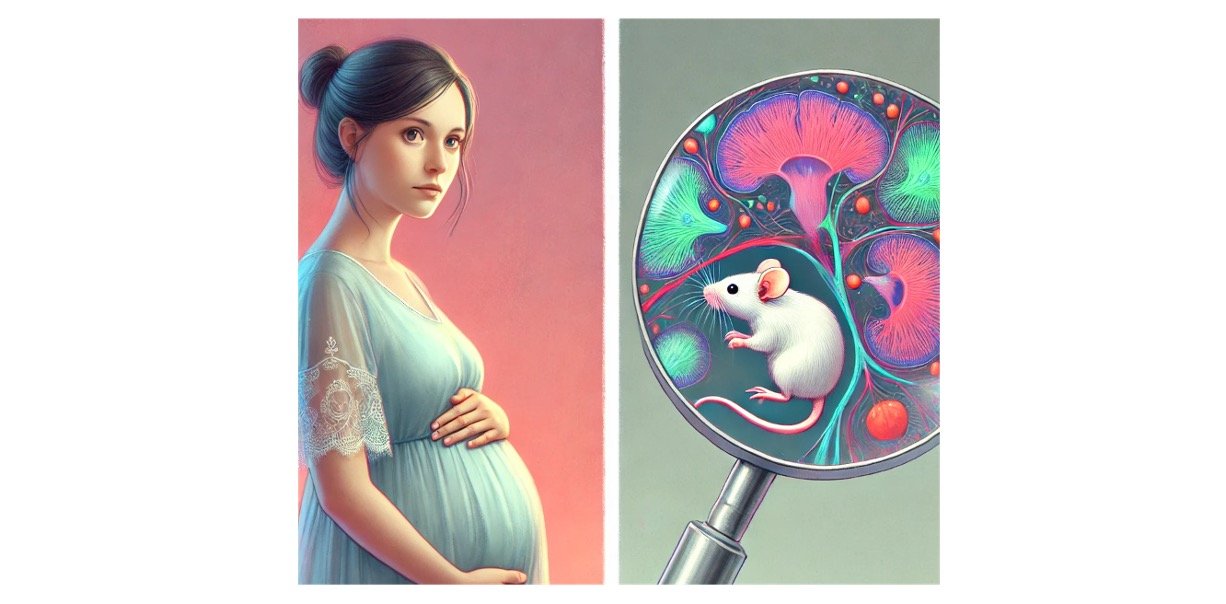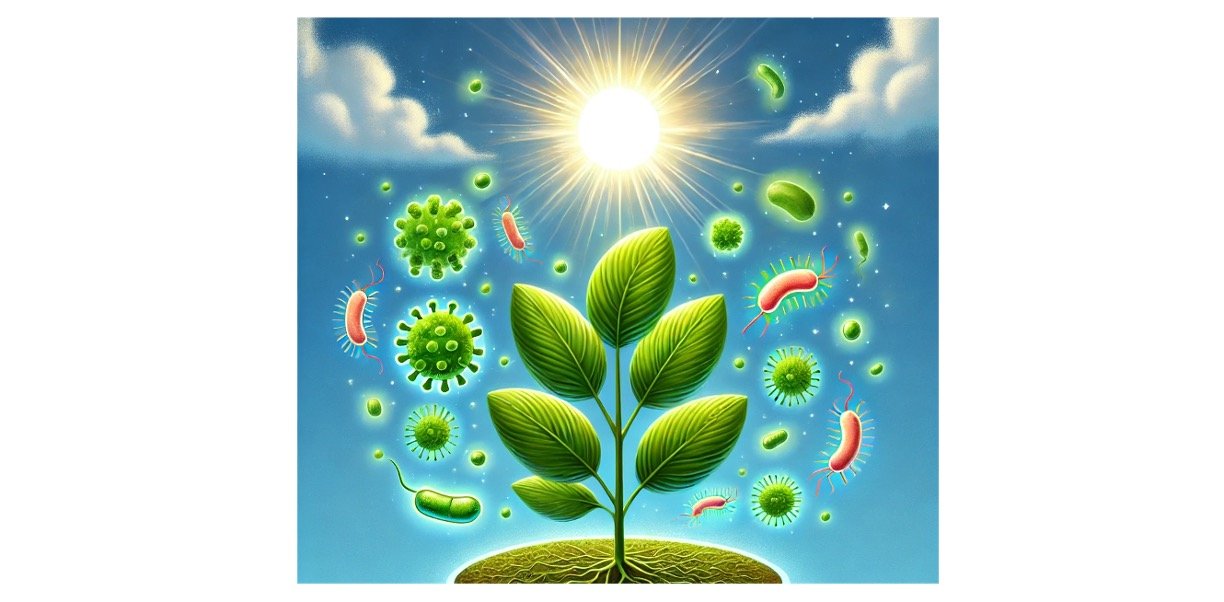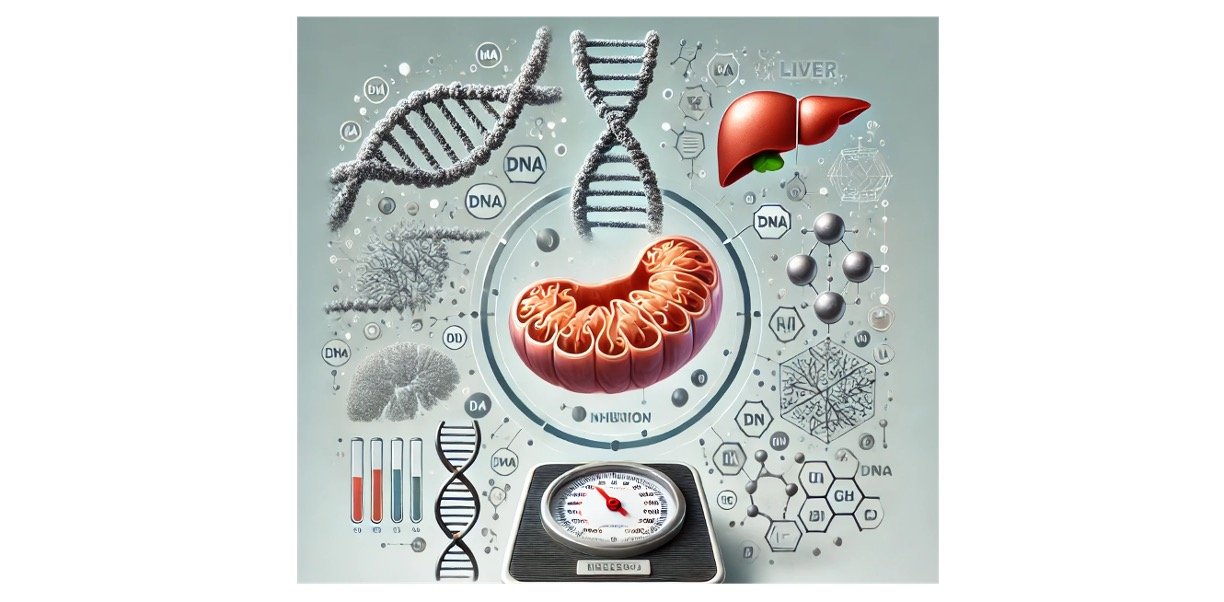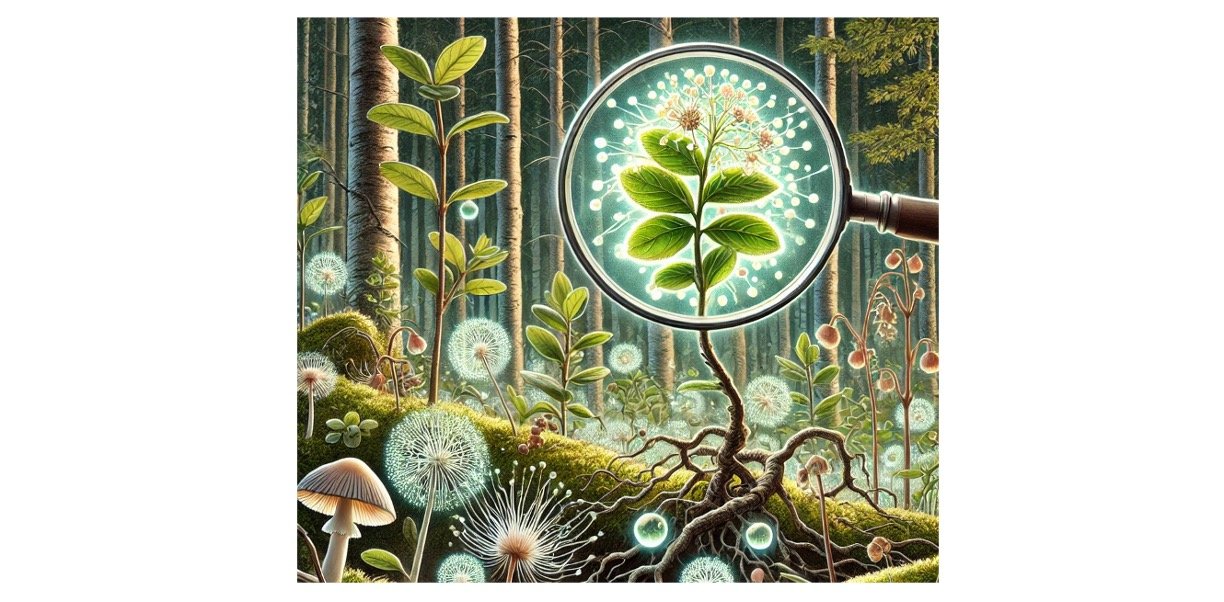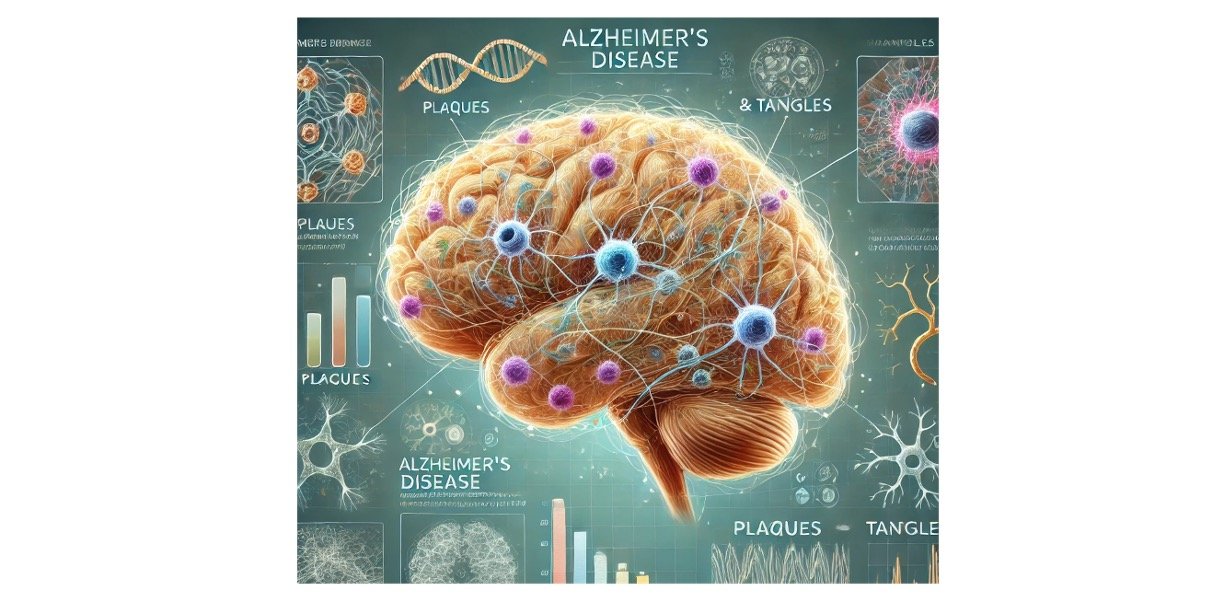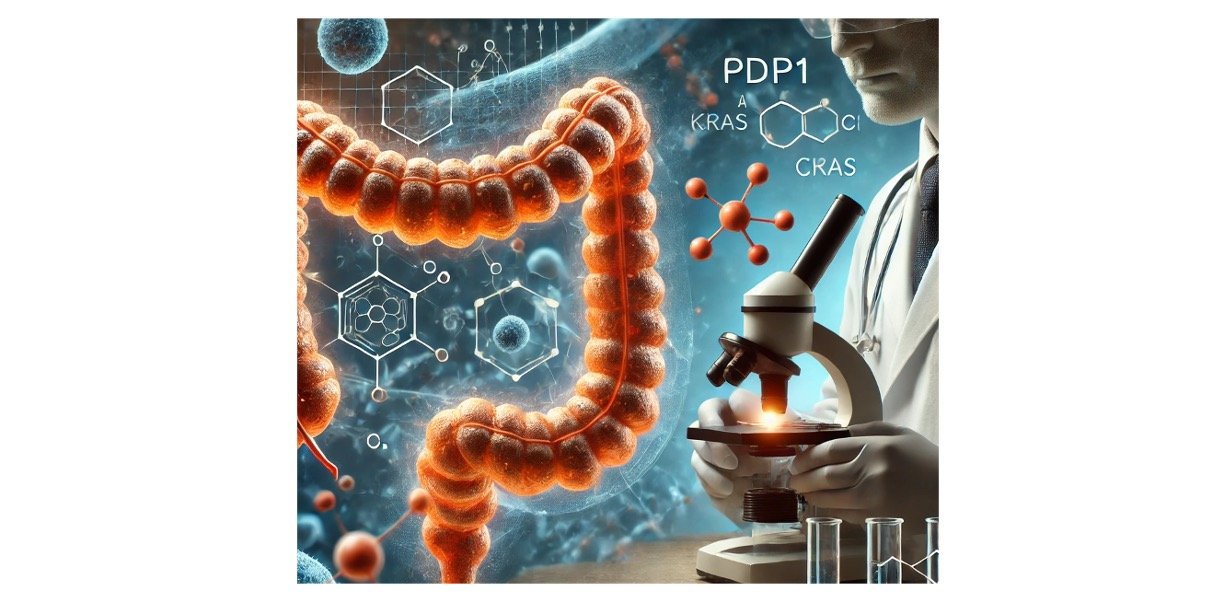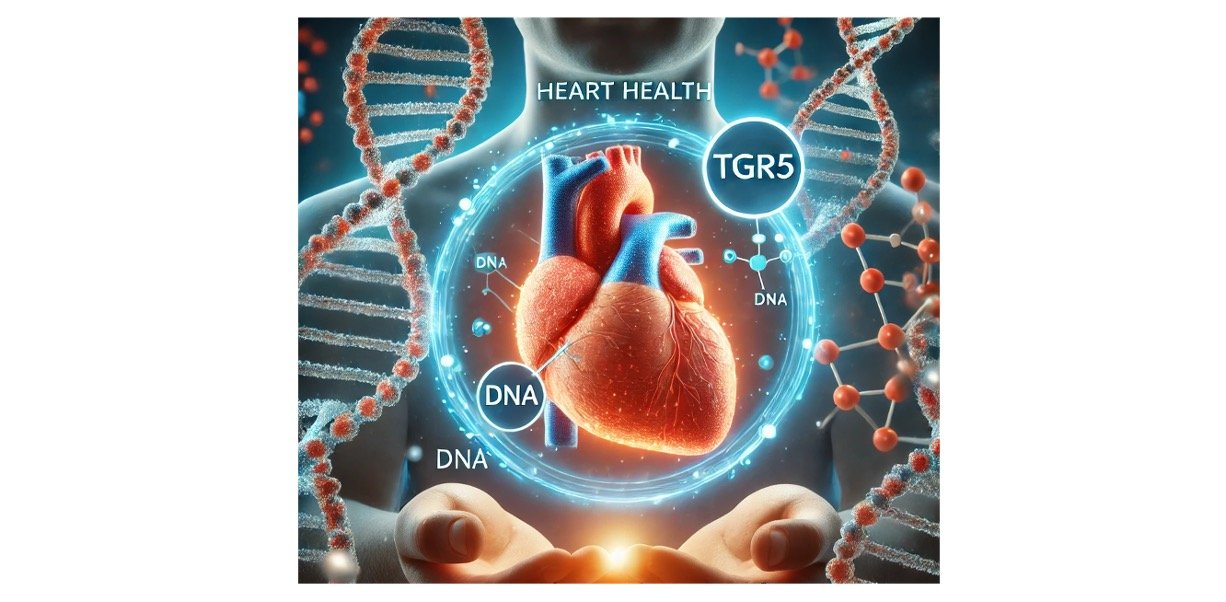Chemical Property Introduction
Anything which has mass in occupy space is called matter. Everything is around us is matter. A matter can be divided into two categories depending on the characteristics of a substance.
The properties of a substance are generally grouped into two categories which are Physical Properties and Chemical Properties.
Physical properties are defined as a characteristic of a substance which can be observed or measured without changing the composition of its matter. Further physical properties are classified into intensive and extensive property.
What is Chemical Property?
Chemical property refers to the characteristic of substance that undergoes change in its chemical structure. In simple terms, this property describes the ability of a substance to undergo a definite chemical change.
These properties are different from physical properties as chemical property can’t be observed by touching or seeing a substance.
On the other hand, Chemical Properties can only be distinguished when a material is in the process of being transformed into another substance.
For Example; Chemical property of iron is its ability to combine with oxygen to form iron oxide whose chemical name is rust.
Metals generally have a chemical property of reacting with acids. Hydrogen gas is produced when zinc reacts with hydrochloric acid and oxygen, this is also a chemical property.
Chemical Property Examples
Some of the common chemical properties include;
Heat of combustion: Heat of combustion is the heat released during the conversion process under standard conditions.
For example, combustion of methane with oxygen.
Toxicity: Toxicity is defined as the damage caused by the substance to animals, plants, and other organisms.
For instance, LED can damage the various parts of human body as it is a toxic substance and it can also damage heart, kidneys, and intestines.
Other examples of chemical properties include acidity, reactivity, flammability (Wood is an instance of flammable matter), oxidation states, type of chemical bonds etc.
Characteristics of Chemical Property
● Chemical properties are observed or measured when a system undergoes a chemical reaction or chemical change.
● Chemical properties are directly linked to the chemical bonds of the substance.
● This property is used to predict how the substances will react in different medium.
● The structure of a material changes entirely in chemical properties.
Chemical Property Uses
● Chemical properties of a substance are used to classify compounds and help us find their applications.
● Scientist also use these chemical properties to determine whether the given sample will participate chemical reaction or not.
● Chemical properties of a substance help us in its purification, separation from other chemical substances.
● Chemical properties unlike physical property are a characteristic that can only be observed when a given substance is being changed into different substance as a result of a chemical reaction or chemical change.
Chemical Change
● Chemical change is also known as a chemical reaction.
● In order to to identify a chemical property we must look for a chemical change.
● Chemical change results in one or more substances of totally different compositions from the original substances. Thus, it means that different elements or compounds are present at the termination of a chemical reaction.
● Reactants are the ingredients of a reaction and products are their result.
Reactants → Products
For instance, when an iron is exposed to water it becomes a mixture of hydrated iron oxides and hydroxides.
● Some examples of chemical changes include lightning of fireworks as fireworks consists of some metal nitrides and other chemicals constituting to burning compounds.
● Thus, when we let a firework combustion take place then this leads to formation of new substance and the release of light and heat thus, it is considered as a chemical change, The explosion of nitroglycerine is also a chemical change because the gases which are produced are of different kind from the novel substance.
● Burning, cooking, and rusting are all kinds of chemical changes because they produce new substances.
● Chemical changes are very vital in our lives. All new substances are shaped as a result of chemical changes such as digestion of food in our body, ageing of fruits, fermentation of grapes, etc., happen due to the result of chemical changes.
● Useful new materials, for example plastics and detergents, are produced as a result of chemical reactions/changes. Certainly, every new material is discovered by reviewing chemical changes of that particular substance.
Chemical Property Citations
Share

